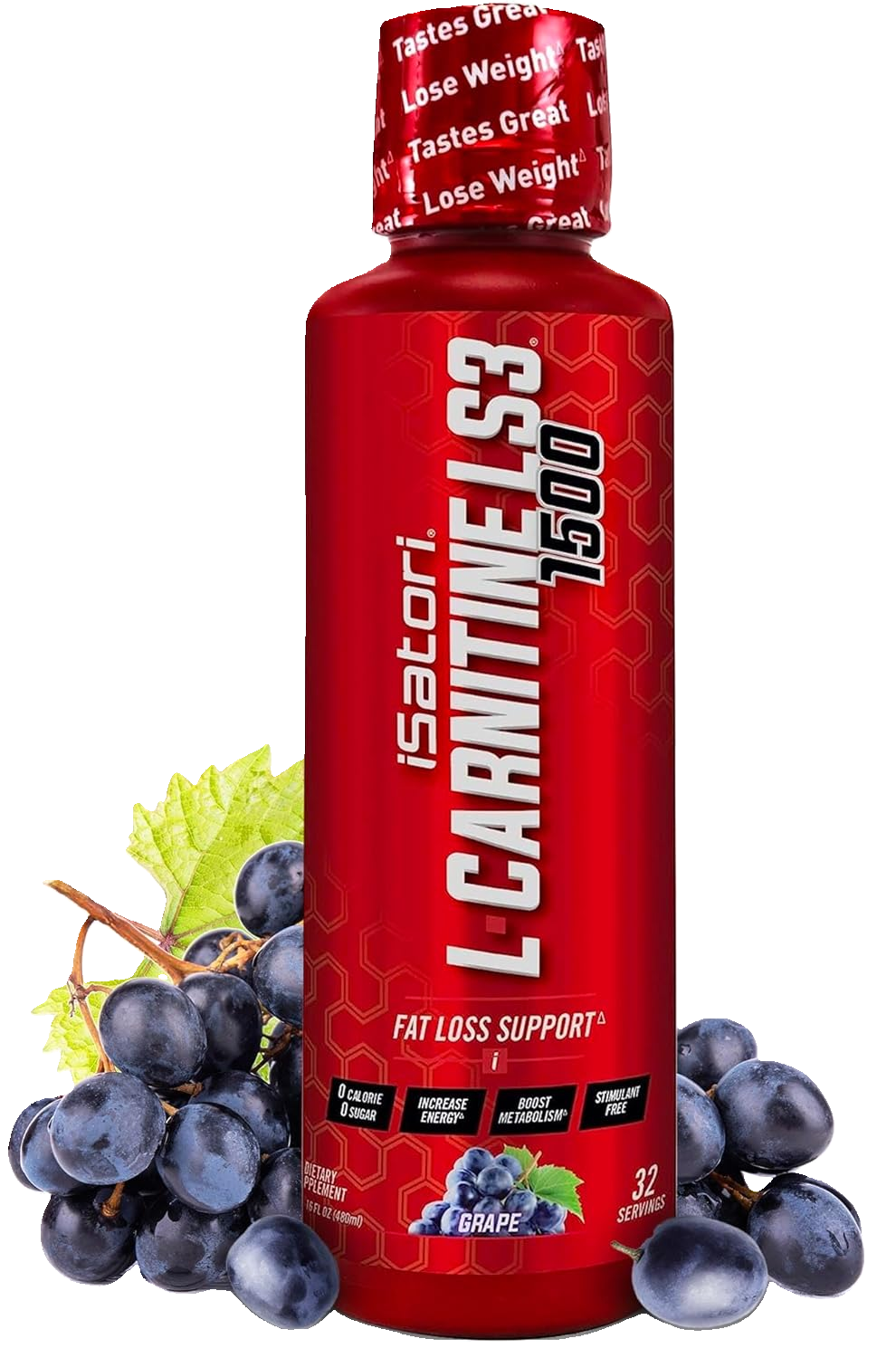“It’s a PR marketing campaign, clearly,” claims Joshua Naftalis, a former prosecutor, now a companion at regulation agency Pallas Companions. “It’s a no stone left unturned technique.”
So far, Bankman-Fried has not filed a proper pardon software, a White Home spokesperson tells WIRED. “We don’t talk about hypothesis about delicate points, comparable to pardons, on-record,” the spokesperson says.
Bankman-Fried’s attraction case hinges on the declare that the trial jury “was solely allowed to see half the image,” due to rulings by the choose, Lewis Kaplan, that blocked the protection from introducing proof that allegedly would have helped to undercut the prosecution’s case.
“At each flip, the choose put his thumb on the dimensions,” Bankman-Fried’s counsel wrote in an appellate transient in January. “The end result was a one-sided trial, the place the district court docket allowed the federal government to current damning false info, concealing opposite info from the jury, erroneously instructed the jury in regards to the regulation, and successfully directed a responsible verdict.”
On November 4, one in all Bankman-Fried’s legal professionals, Alexandra Shapiro—who’s concurrently dealing with the attraction circumstances of Sean ‘Diddy’ Combs and entrepreneur Charlie Javice—offered these arguments to a panel of judges on the Second Circuit Court docket of Appeals. The judges reportedly appeared skeptical of the concept that Bankman-Fried didn’t obtain a good trial. “It virtually looks as if you’re spending extra ink on Decide Kaplan than on the deserves,” one in all them advised Shapiro.
“I’m positive they didn’t take evenly the prospect of criticizing Kaplan’s train of discretion,” says Daniel Richman, a regulation professor at Columbia College, who beforehand served as a federal prosecutor. “However I believe they made the skilled judgement that that was one of many few roads value taking.”
Each Naftalis and Richman warning towards attempting to divine the end result of an attraction primarily based on feedback made by judges at oral arguments. Nonetheless, the percentages of a felony attraction succeeding are low, generally—someplace between 5 and 10 p.c. And Bankman-Fried’s particular arguments, regarding issues of judicial discretion, are notably tough to land.

